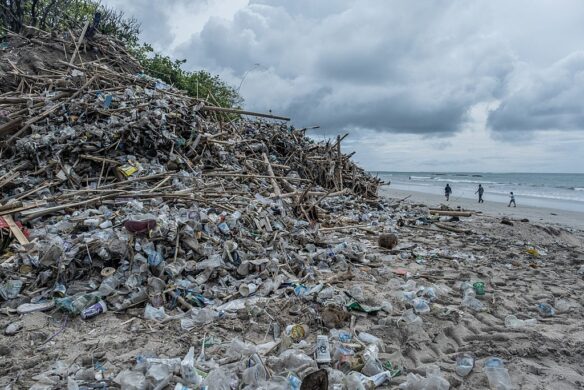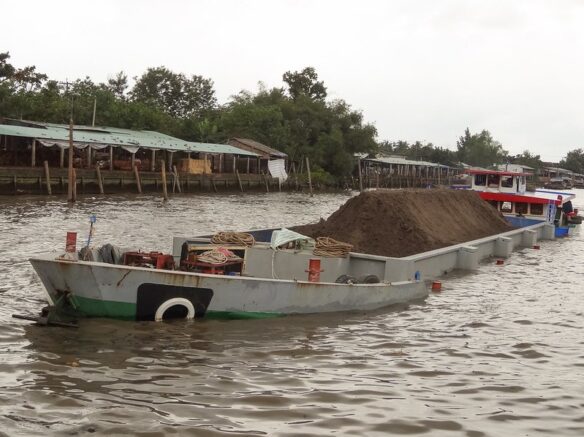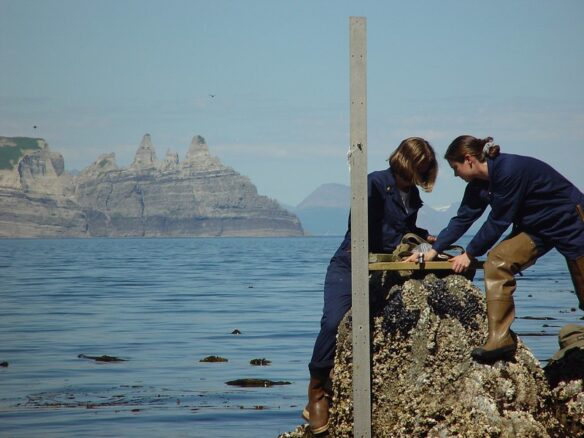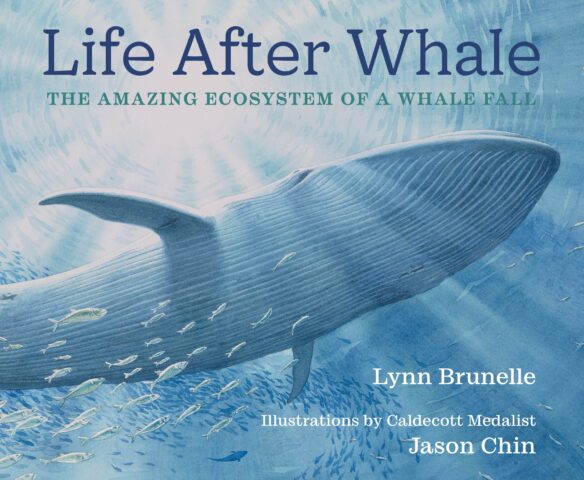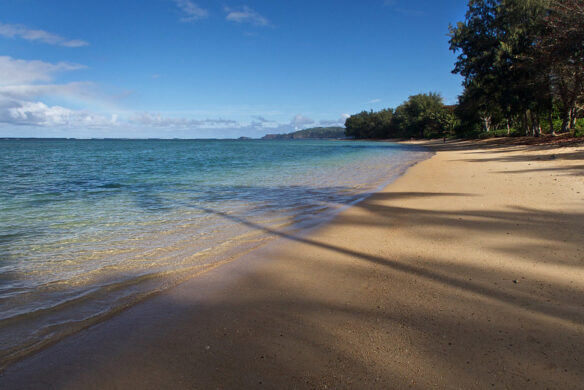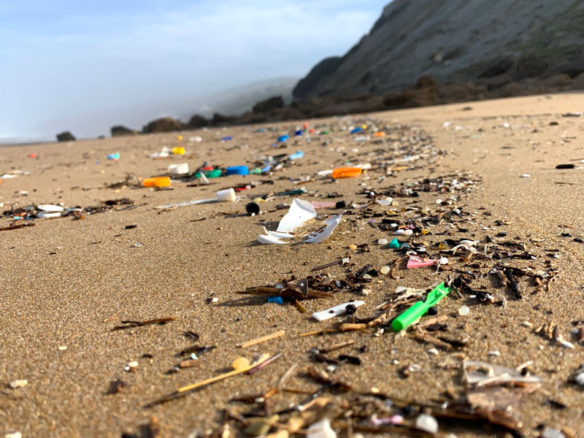
“The unprecedented plastic waste tide plaguing our oceans and shores, can become as limited as our chosen relationship with plastics, which involves a dramatic behavioral change on our part…”
— Claire Le Guern, author of “When The Mermaids Cry: The Great Plastic Tide” ©.
Excerpts;
In a sampling of fish from a creek that flows into San Diego Bay, nearly a quarter contain microplastics, according to a new study published in the journal PLOS ONE. The study, which examined plastics in coastal sediments and three species of fish, showed that the frequency and types of plastic ingested varied with fish species and, in some cases, size or age of fish…
Read Full Article, Science Daily (03-18-2020)
Taste, not appearance, drives corals to eat plastics; Duke University (10-24-2017)
Why do ocean animals eat plastic? National Geographic – MSN (12-05-2019)
Video captures moment plastic enters food chain, BBC News (03-11-2017)
A scientist has filmed the moment plastic microfibre is ingested by plankton, illustrating how the material is affecting life beneath the waves. The footage shows one way that plastic waste could be entering the marine and global food chain…
Microplastic pollution in oceans is far worse than feared, say scientists; Guardian UK (03-12-2018)
Beached sperm whale found with 220 pounds of trash in his stomach; CBS News (12-03-2019)
Newly identified fish nurseries are choked with plastic; Smithsonian Magazine (11-12-2019)
A new study reveals that it’s not just adult sea animals that are getting a gullet full of plastic. Larval fish are inundated with plastic fragments in their nursery habitats and they’re eating those pieces along with their natural food sources…
Plastics found in stomachs of deepest sea creatures; Guardian UK (11-15-2017)
The study, led by academics at Newcastle University, found animals from trenches across the Pacific Ocean were contaminated with fibres that probably originated from plastic bottles, packaging and synthetic clothes…
The Plastic Found In a Single Turtle’s Stomach, Independent UK (03-24-2011)
90 Percent of Seabirds Have Plastic in Their Stomachs, Newsweek (09-01-2015)
Great Barrier Reef Corals Eat Plastic; Science Daily (02-27-2015)
UN report finds marine debris harming more than 800 species, costing countries millions; United Nations (12-05-2016)
Marine debris is negatively affecting more than 800 animal species and causing serious losses to many countries’ economies, according to a United Nations report launched December 5th, 2016…
Plastic Pollution: When The Mermaids Cry, The Great Plastic Tide, Coastal Care
Washed out on our coasts in obvious and clearly visible form, the plastic pollution spectacle blatantly unveiling on our beaches is only the prelude of the greater story that unfolded further away in the world’s oceans, yet mostly originating from where we stand: the land…


